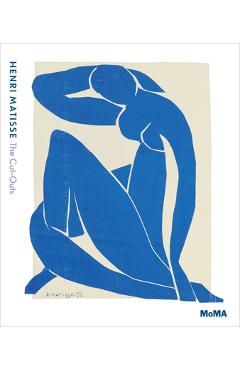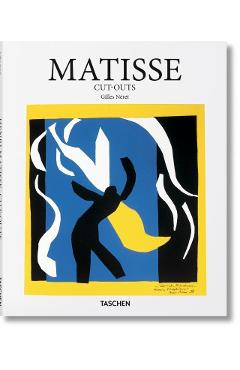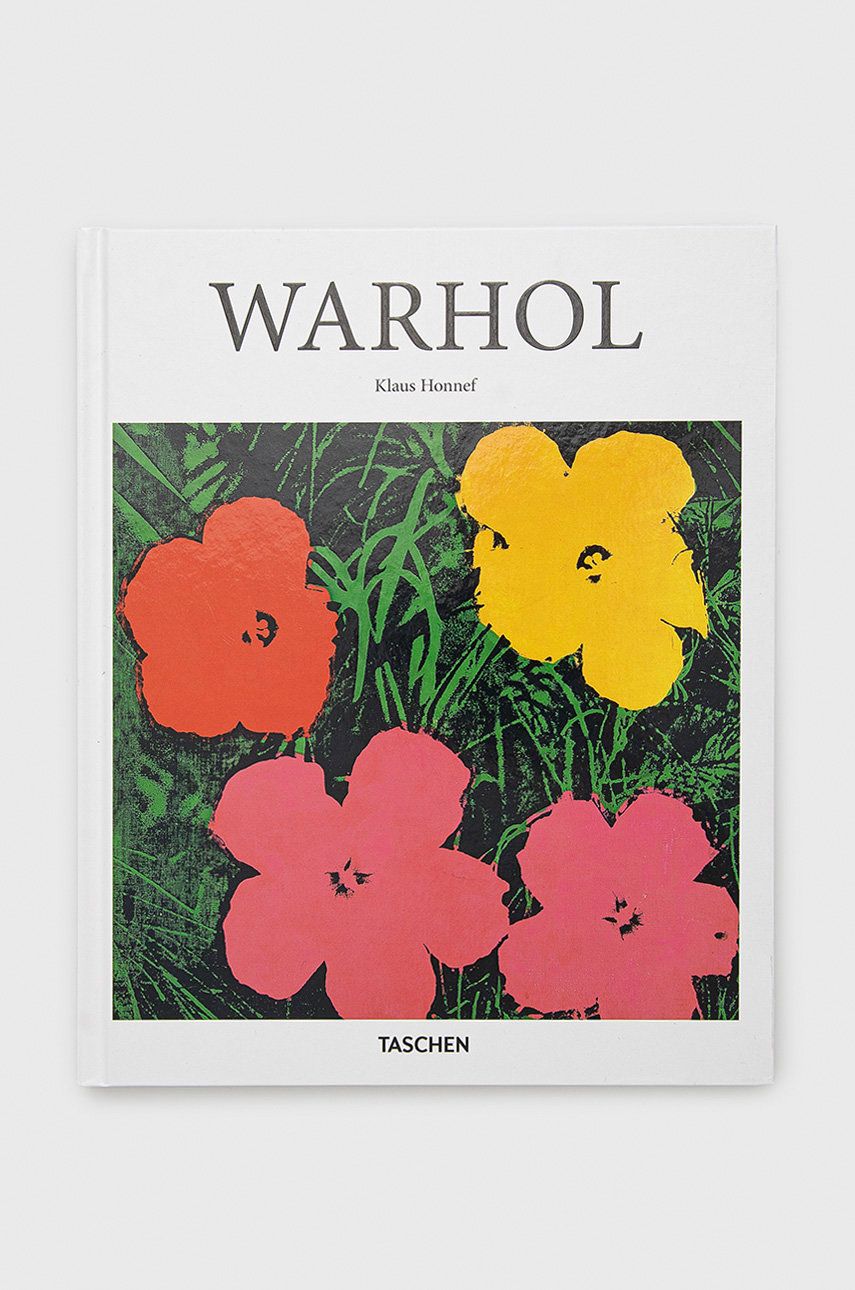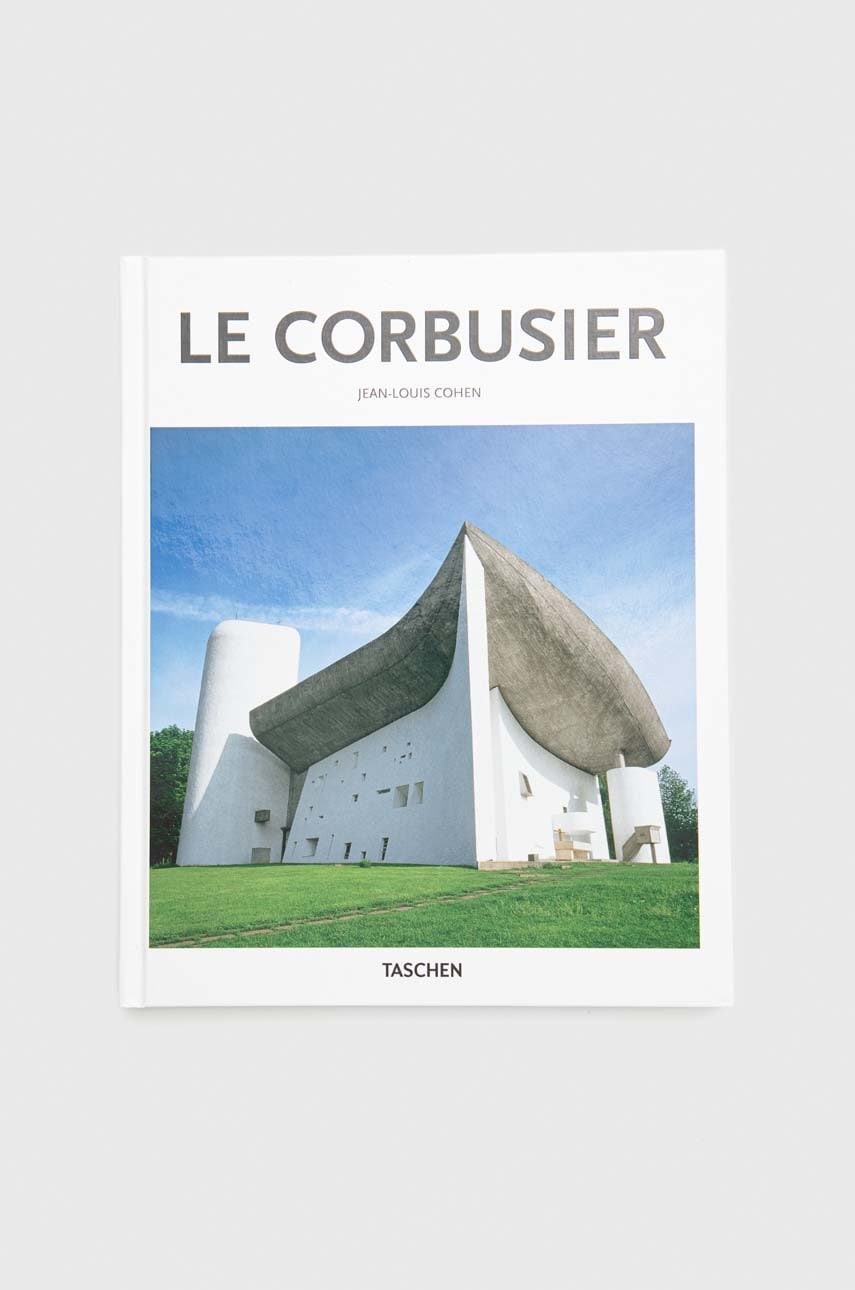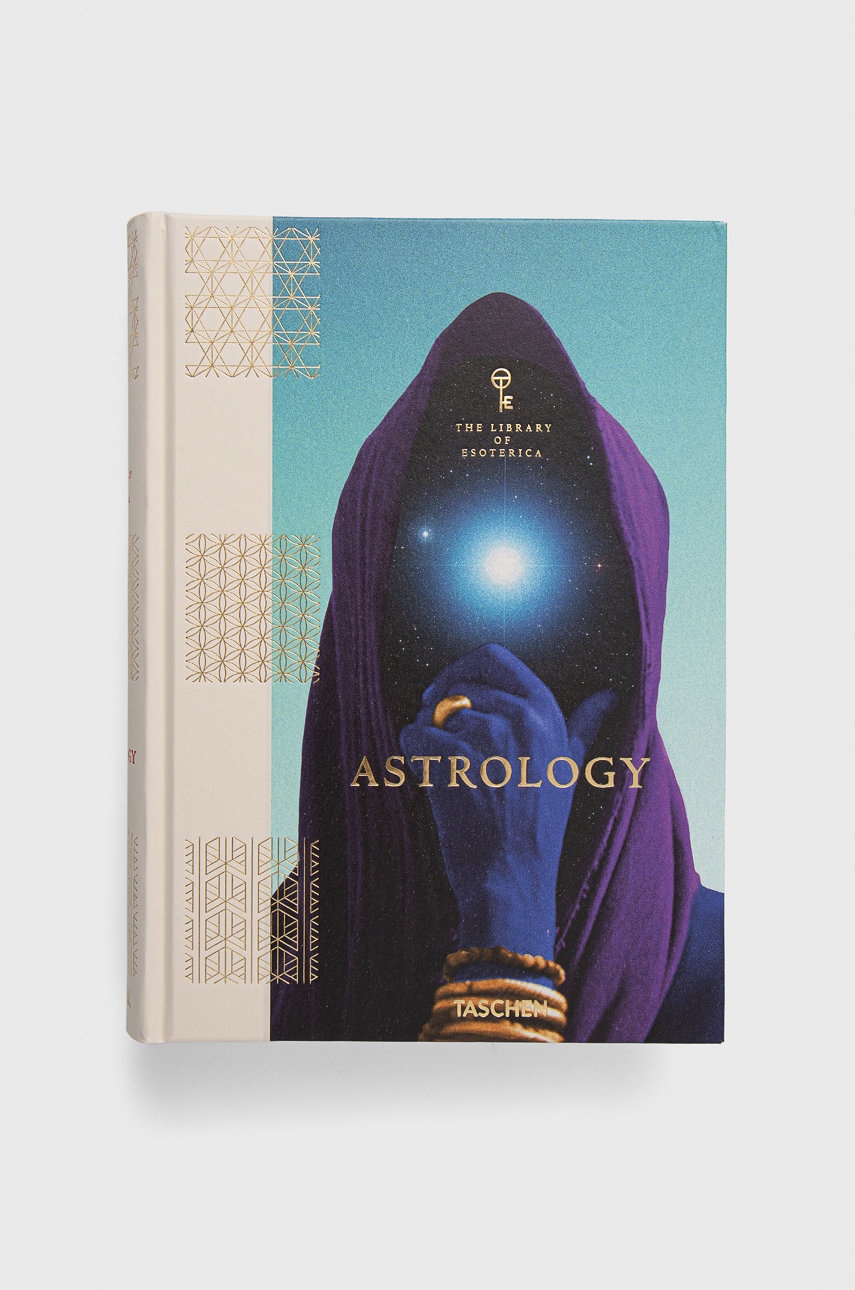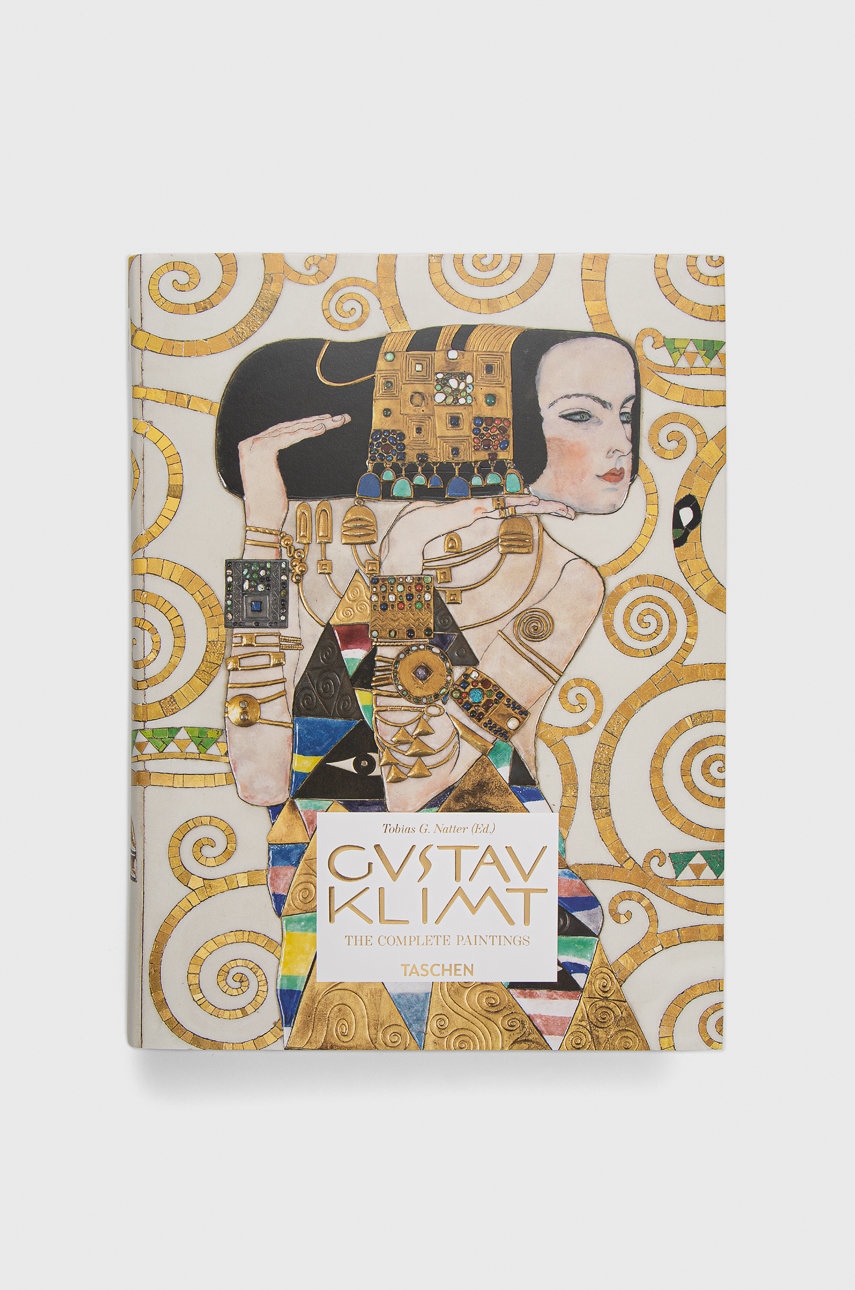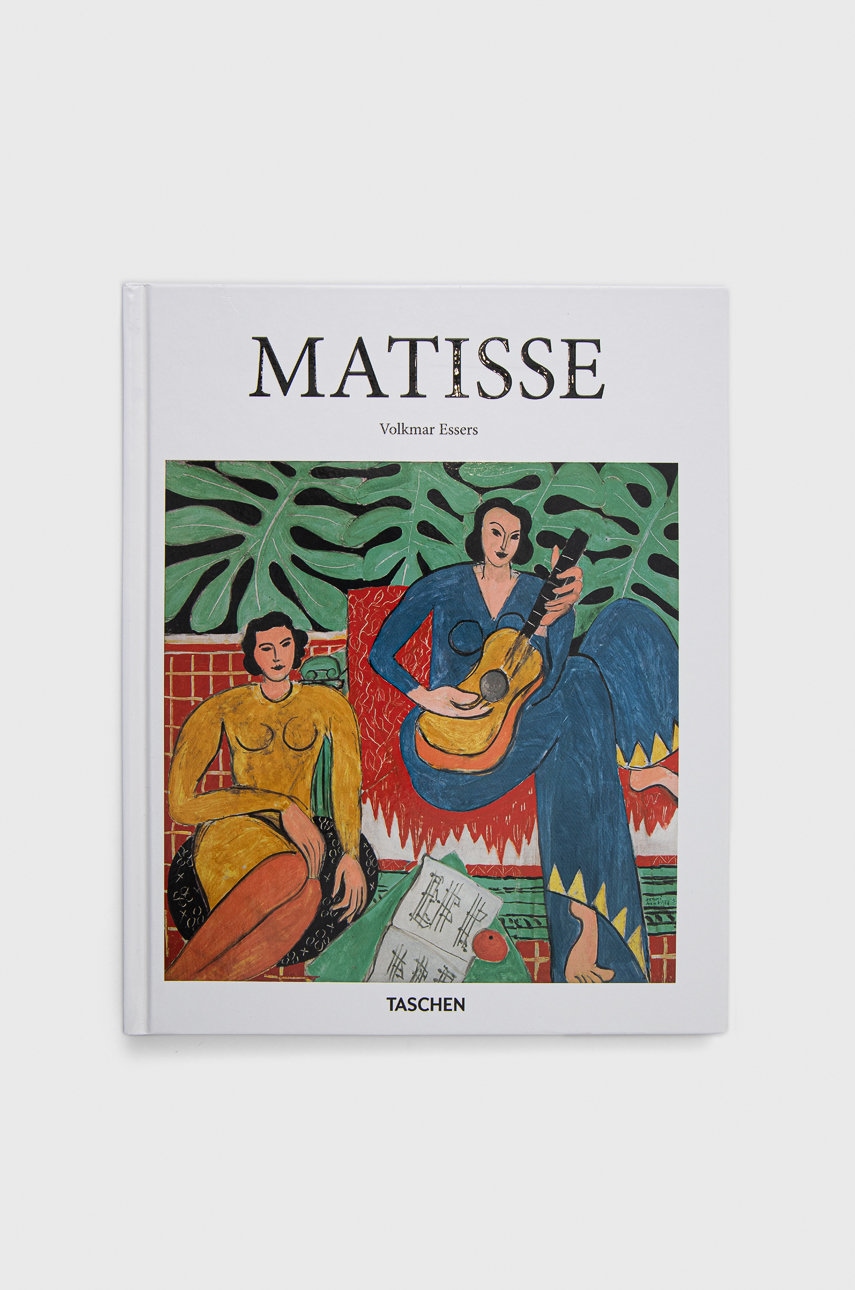Matisse | Volkmar Essers
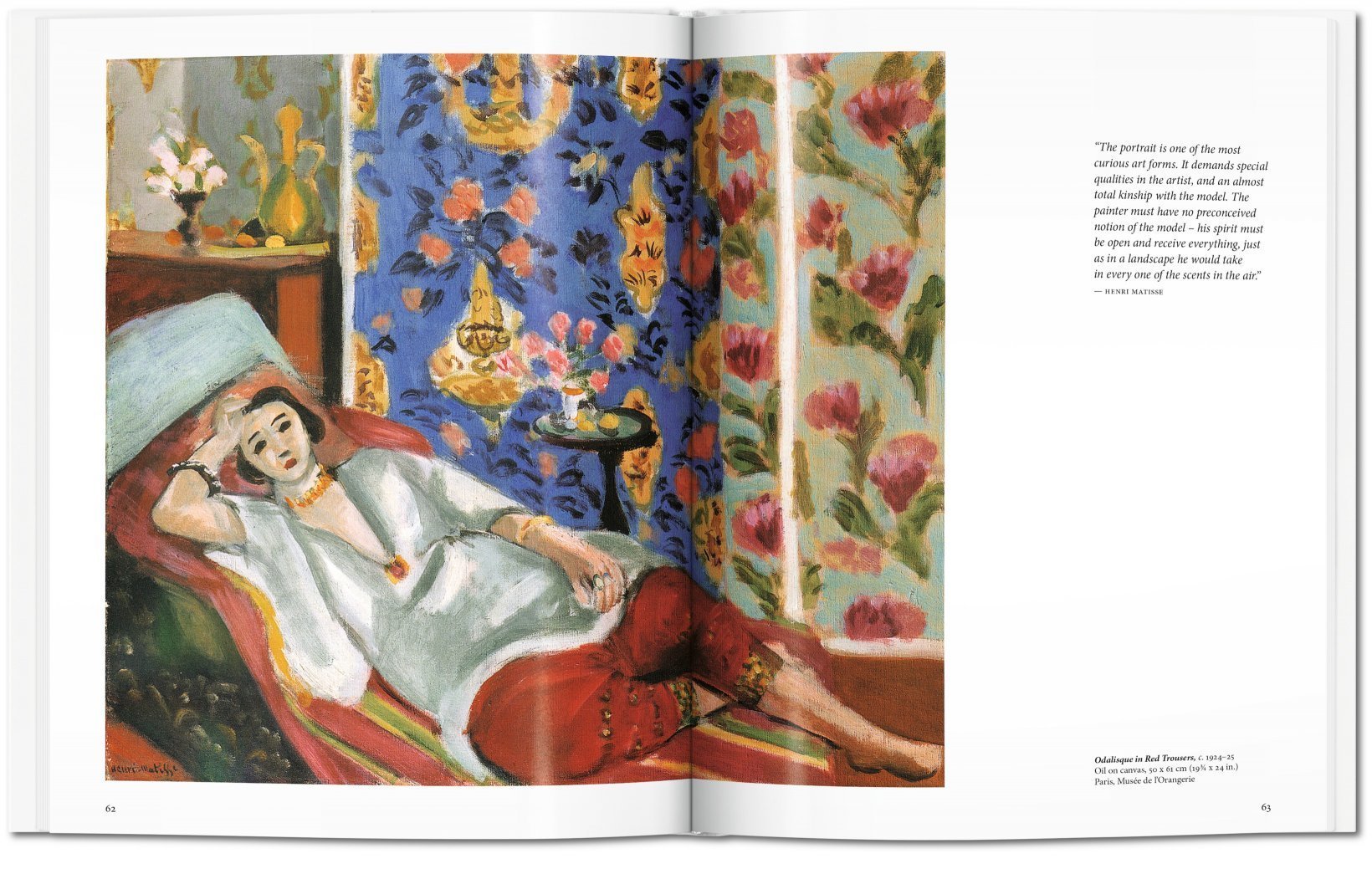
Detalii Matisse | Volkmar Essers
Matisse | Volkmar Essers - Disponibil la carturesti.ro
Pe YEO găsești Matisse | Volkmar Essers de la Taschen GmbH, în categoria Carte straina.
Indiferent de nevoile tale, Matisse | Volkmar Essers din categoria Carte straina îți poate aduce un echilibru perfect între calitate și preț, cu avantaje practice și moderne.
Caracteristici și Avantaje ale produsului Matisse | Volkmar Essers
- Departament: gaming-carti-birotica
- Ideal pentru pasionații de jocuri, birotică și distracție online.
Preț: 73 Lei
Caracteristicile produsului Matisse | Volkmar Essers
- Brand: Taschen GmbH
- Categoria: Carte straina
- Magazin: carturesti.ro
- Ultima actualizare: 27-10-2025 01:24:43
Comandă Matisse | Volkmar Essers Online, Simplu și Rapid
Prin intermediul platformei YEO, poți comanda Matisse | Volkmar Essers de la carturesti.ro rapid și în siguranță. Bucură-te de o experiență de cumpărături online optimizată și descoperă cele mai bune oferte actualizate constant.
Descriere magazin:
Le Bonheur de Vivre: The vital colors and shapes of a modernist masterThe work of Henri Matisse (1869 1954) reflects an ongoing belief in the power of brilliant colors and simple forms. Though famed in particular for his paintings, Matisse also worked with drawing, sculpture, lithography, stained glass, and collage, developing his unique cut-out medium when old age left him unable to stand and paint.Matisse s subjects were often conventional: nudes, portraits, and figures in landscapes, Oriental scenes, and interior views, but in his handling of bold color and fluid draftsmanship, he secured his place as a 20th-century master. It was Matisse s palette that particularly thrilled the modern imagination. With vivid blue, amethyst purple, egg-yolk yellow, and many shades beyond he liberated his work from a meticulous representation of reality and sought instead a vital harmony, often referring to music as an inspiration or analogy for his work.From vast patterned panels to simple and tender portraits, this book introduces the full reach and creativity of Matisse s career, spanning his early work within the Fauvism movement right through to his latter-year projects such as Jazz and the Chapelle du Rosaire in Vence.

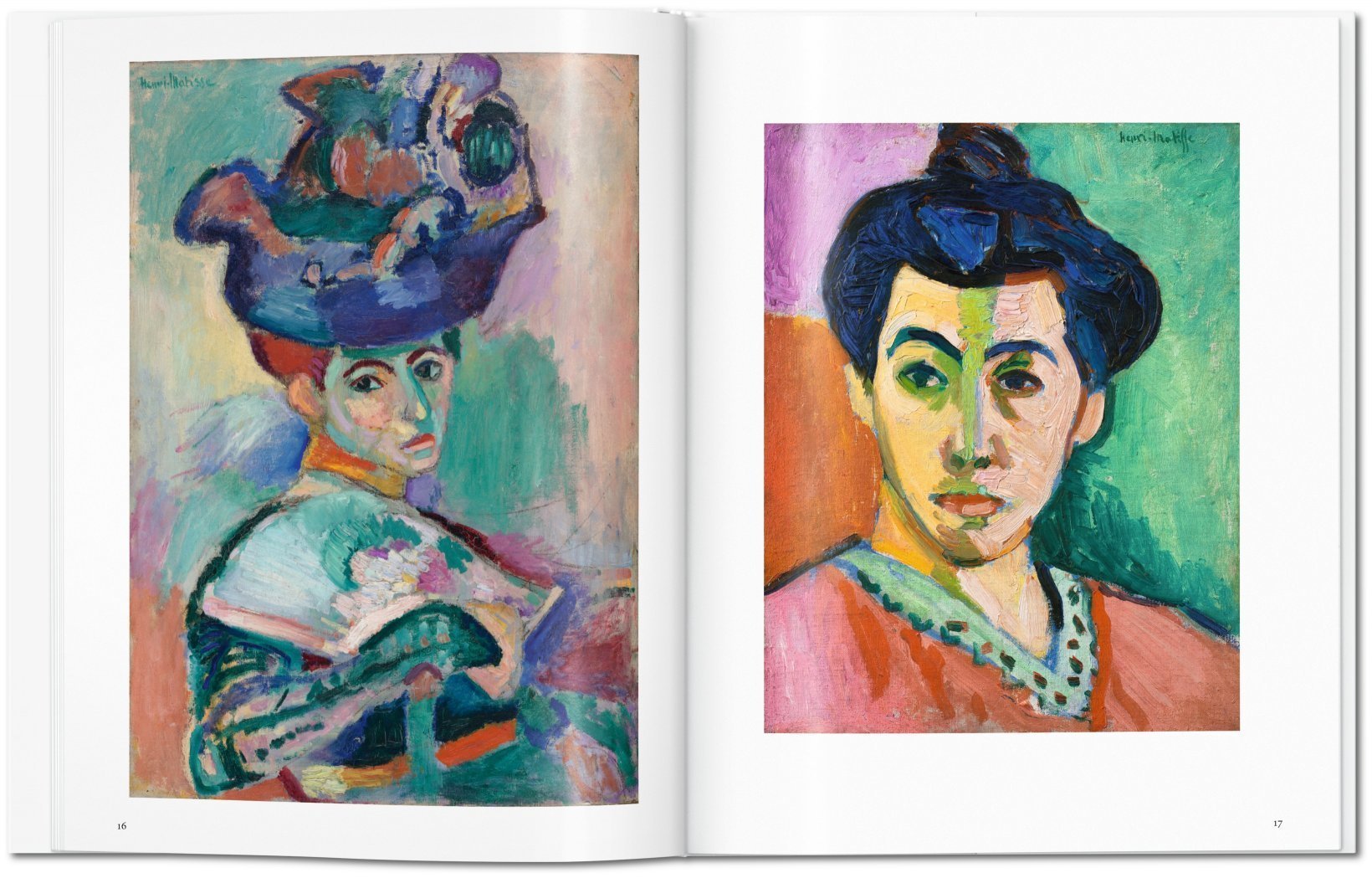
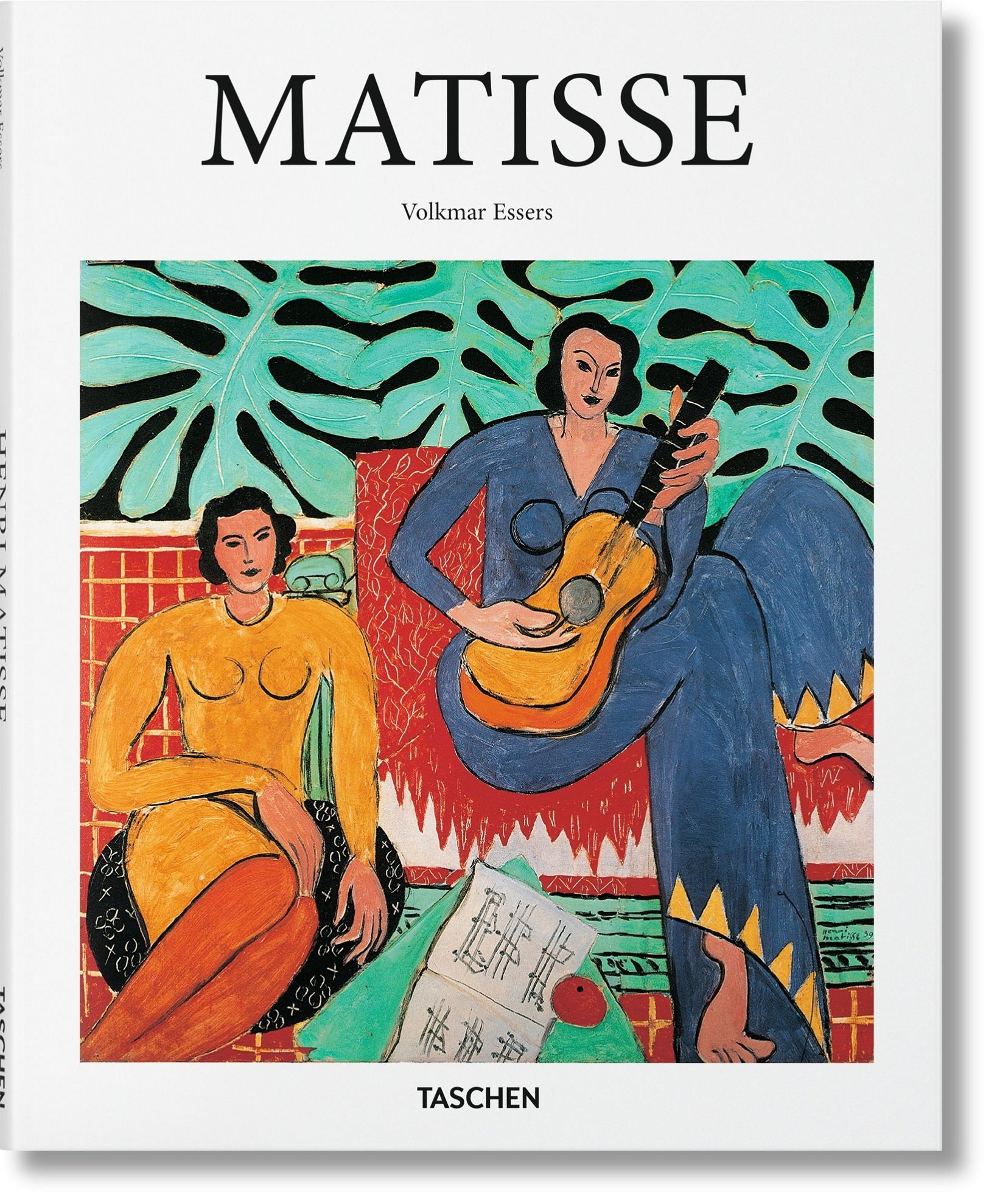
Produse asemănătoare
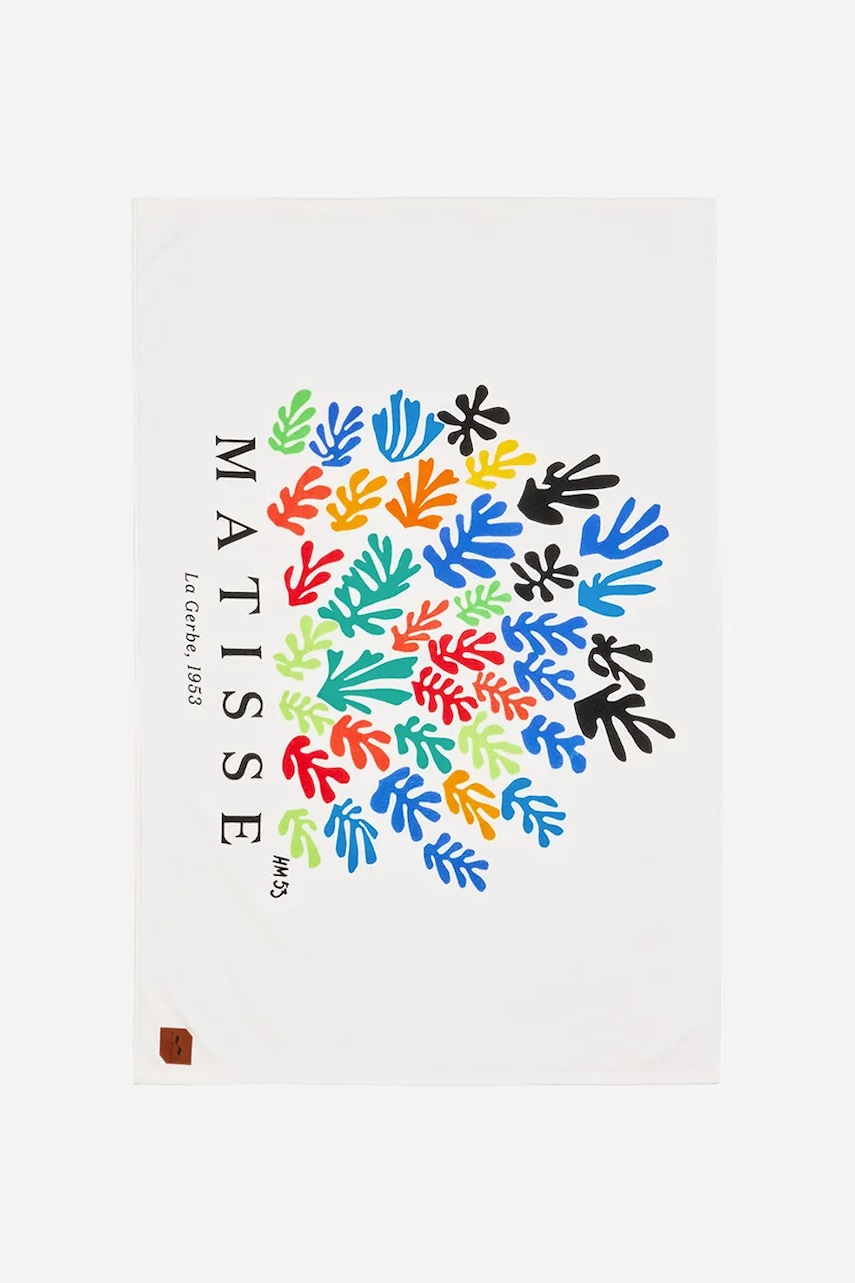
Slowtide prosop de plajă din bumbac x Henri Matisse 100 x 150 cm
![]() answear.ro
answear.ro
Actualizat in 30/10/2025
299.9 Lei

Slowtide prosop de plajă din bumbac x Henri Matisse 100 x 150 cm
![]() answear.ro
answear.ro
Actualizat in 30/10/2025
299.9 Lei
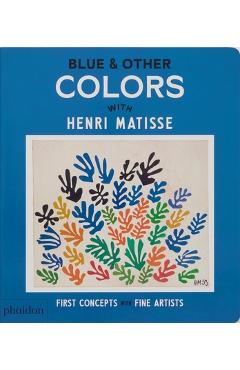
Blue & Other Colors: With Henri Matisse - Phaidon Editors
![]() libris.ro
libris.ro
Actualizat in 28/10/2025
83.42 Lei

Henri Matisse. A Second Life, Paperback/Alastair Sooke
![]() elefant.ro
elefant.ro
Actualizat in 28/10/2025
64.99 Lei
